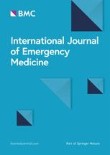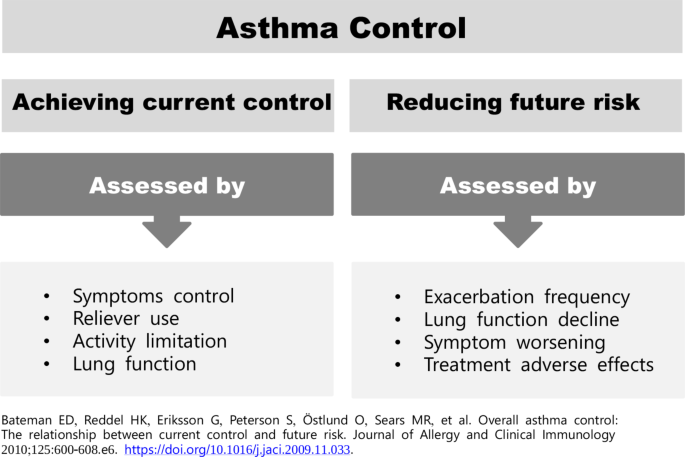
Buhumaid, R., Alzaabi, A., Mahboub, B. et al. Int J Emerg Med 17, 172 (2024). https://doi.org/10.1186/s12245-024-00757-4
Abstract
Background
Asthma is a common chronic respiratory inflammatory disease that adversely affects patients’ quality of life (QoL) and overall well-being. When asthma is not adequately controlled, there is a higher risk of exacerbations and hospitalizations, thereby increasing the direct and indirect costs associated with the treatment and productivity loss. Overreliance on SABA and underutilization of ICS in the management of asthma can result in suboptimal treatment and poor asthma control. Patients who visit the emergency department are more likely to have poorly controlled asthma. Ensuring that these patients are provided with an evidence-based treatment plan during discharge can help reduce the risk of future exacerbations and consequently reduce the burden on the UAE healthcare system.
Methods
A joint task force comprising experts from the Emirates Society of Emergency Medicine (ESEM) and Emirates Thoracic Society (ETS) reviewed published evidence and updated guidelines in asthma management to optimize the post-discharge recommendations.
Results

The ESEM-ETS experts’ joint task force has developed a step-by-step plan for emergency department/hospital discharge, which is based on the GINA 2023 guideline recommendations and the medications available in the UAE. By adhering to this structured plan, emergency department physicians can play a crucial role in improving asthma care, long-term patient outcomes, and the utilization of healthcare resources.
Conclusions
Prioritizing patient education and ensuring patients are equipped with the best-suited asthma treatment plans prior to discharge can help ED physicians improve patient outcomes and reduce healthcare resource utilization in UAE hospitals.
